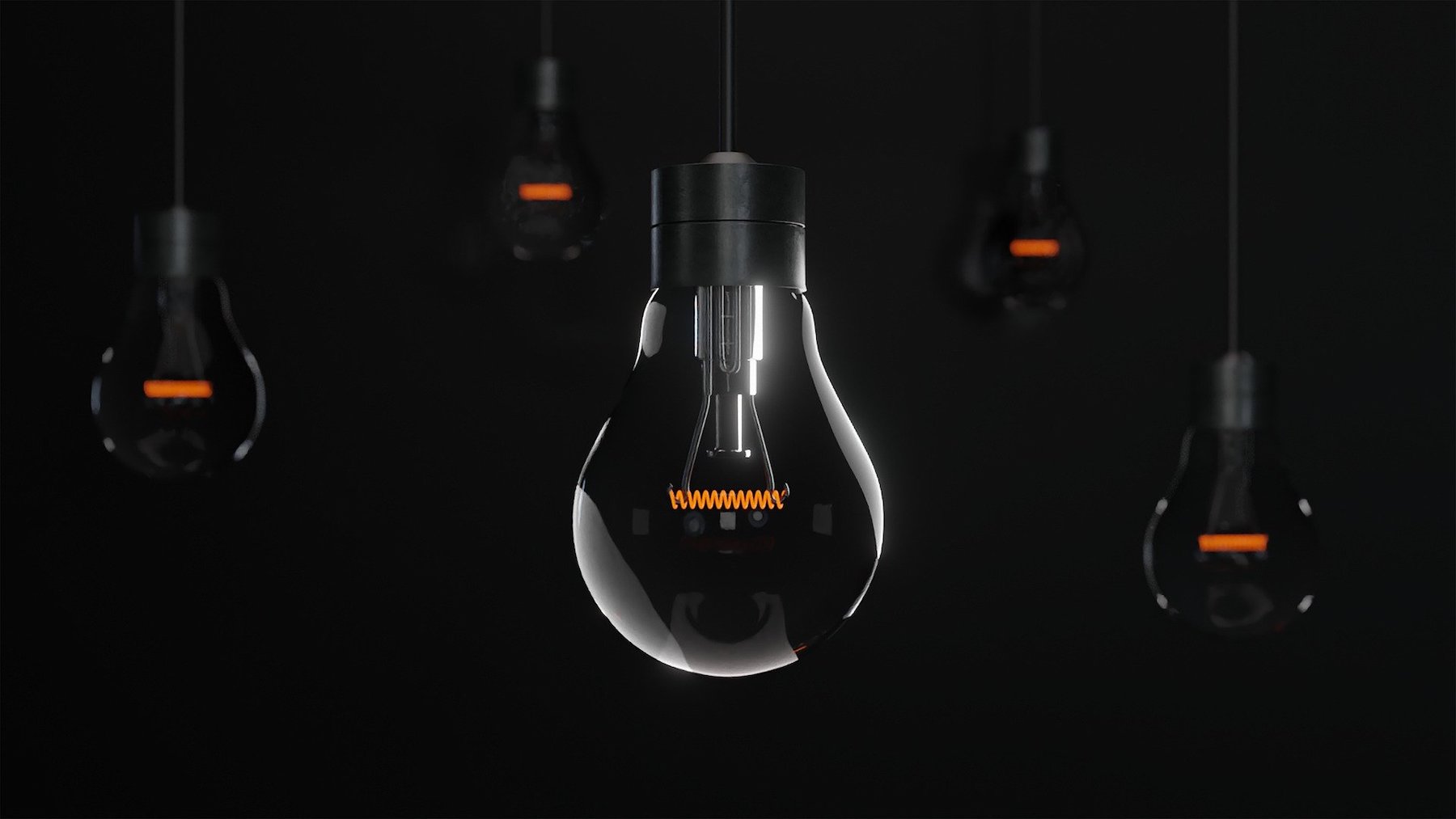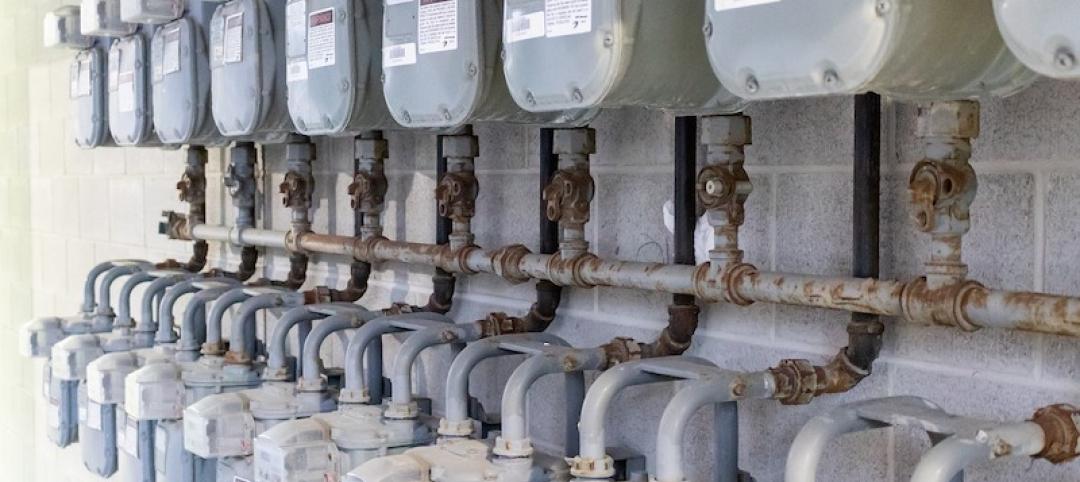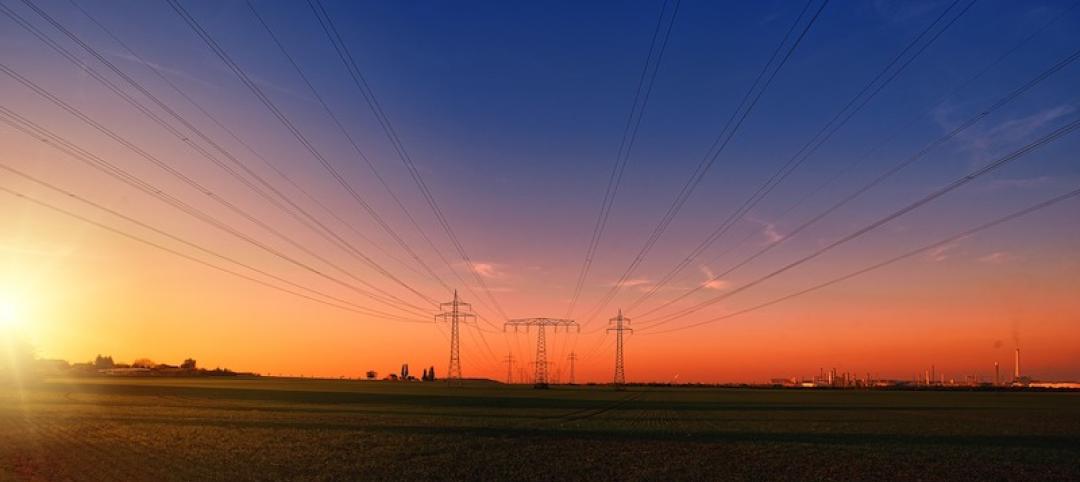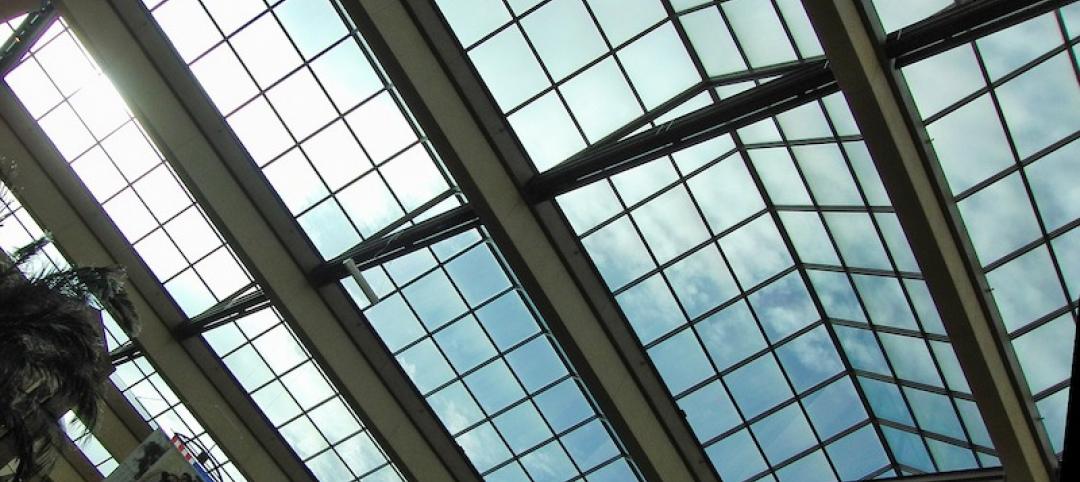The U.S. Dept. of Energy has awarded a total of $32 million for more than 30 next-generation building retrofit projects that will dramatically improve affordable housing technologies, according to a DOE news release.
Seven organizations will use the money to test renovation techniques that reduce disruption to tenants while upgrading the energy and environmental performance of buildings more quickly, affordably, and effectively, the release says. The techniques, such as prefabricating walls and drop-in replacements for heating, cooling, and hot water systems, can “revolutionize construction and renovation.”
They can also help decarbonize America’s 130 million buildings at the rate needed to address the climate crisis and meet President Biden’s goals of a net zero carbon economy by 2050, the release says. The projects are intended to drive the development of new technologies, practices, and approaches, and ensure these efficient and low-carbon innovations are widely deployed.
The awards will be used to implement numerous materials including prefabricated, super-insulated wall retrofit panel blocks, a wall system with vacuum insulated panels, a heat pump pod, a solar photovoltaic-integrated multi-functional heat pump system for space and water heating, and software tools to properly size and install retrofit packages. The selected organizations will also advance DOE’s Advanced Building Construction Collaborative, which connects companies working in prefabricated, modular, and other industrialized construction techniques with building owners, developers, financiers, utilities, and researchers to modernize the construction industry and buildings sector.
Related Stories
Codes and Standards | Feb 18, 2020
Recent Dept. of Energy grants emphasize grid-interactive building technology
National labs, universities, businesses selected for total of $74 million in funding.
Codes and Standards | Feb 14, 2020
At least 13 states create incentives for utilities to use demand response programs
Practice optimizes power grid, incorporates more renewable power.
Codes and Standards | Feb 13, 2020
Living Future Institute’s JUST program helps measure progress on sustainability, social justice
Functions as a transparency platform for organizations to disclose their operations.
Codes and Standards | Feb 12, 2020
Commercial Building Energy Saver Wins R&D 100 Award
Software toolkit enables access to deep energy retrofit and zero-net energy strategies.
Codes and Standards | Feb 11, 2020
Fenestration Rating Council launches faster energy performance testing system
New windows, doors, and skylights will get to market faster.
Codes and Standards | Feb 7, 2020
Landlords scramble to comply with the New York City Council’s Climate Mobilization Act (CMA)
Intent is to reduce greenhouse gas emissions; improve efficiency for buildings larger than 25,000 sf.
Codes and Standards | Feb 6, 2020
New document to determine THERM finite element modeling surface temperatures released
Process often used to predict interior surface temperatures on fenestration.
Codes and Standards | Feb 5, 2020
HUD issues guidance on emotional support animals
Clarifies the responsibilities of rental housing providers and renters.
Codes and Standards | Feb 4, 2020
New Jersey to become first state to require building contractors to consider climate change impact
Governor has seven key strategies for emissions cuts.
Codes and Standards | Jan 31, 2020
Colorado ranks first in LEED Top 10 states
Rankings of states for LEED certified square feet per person released.

















